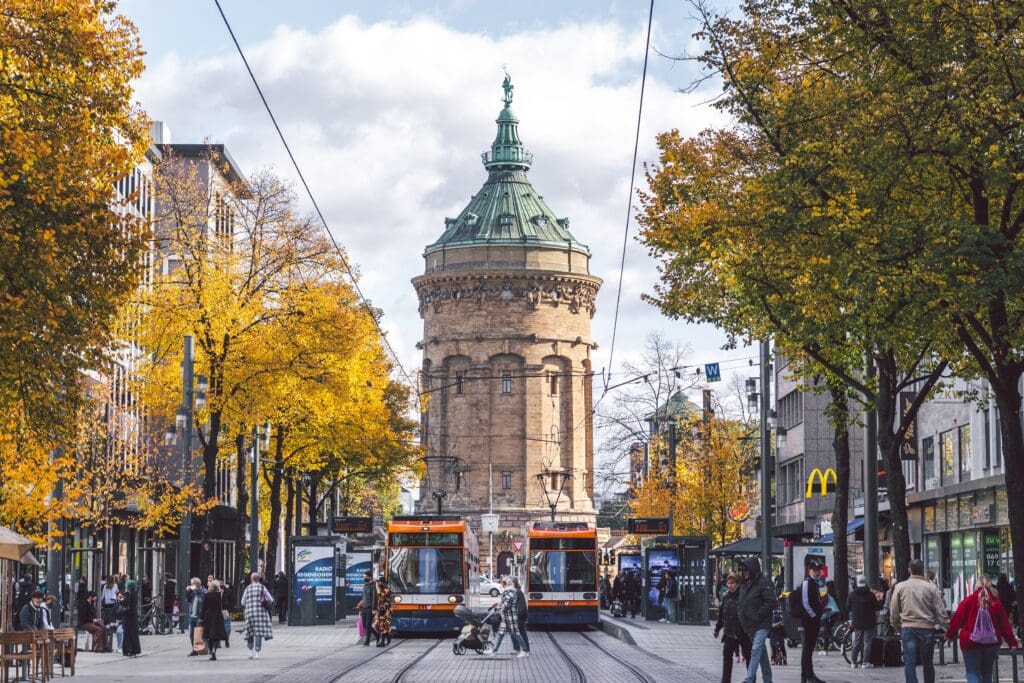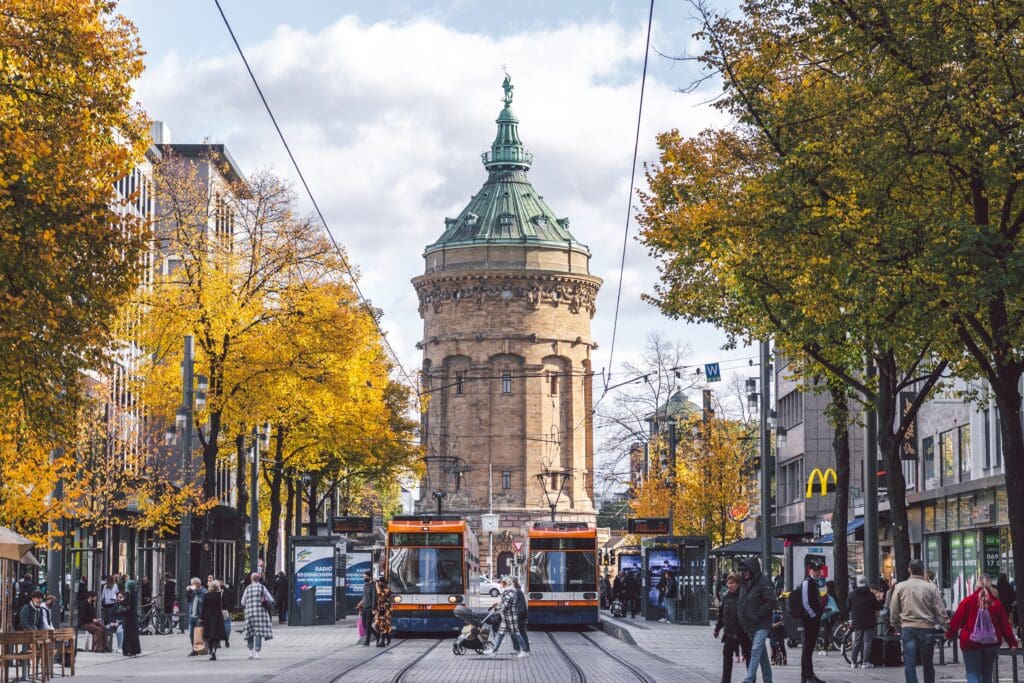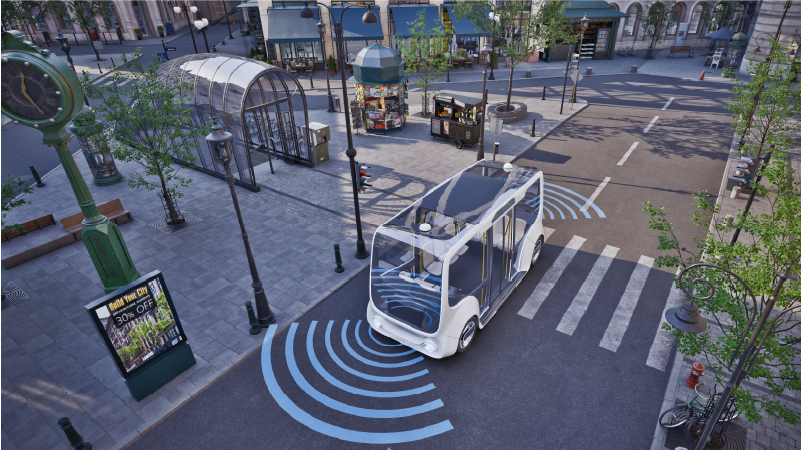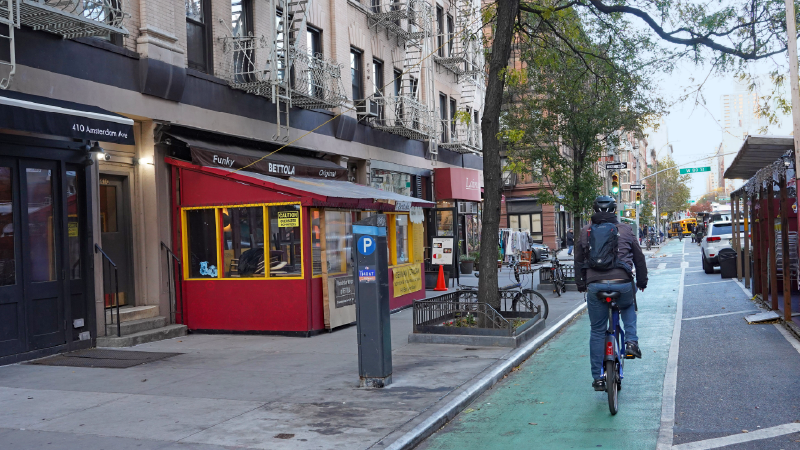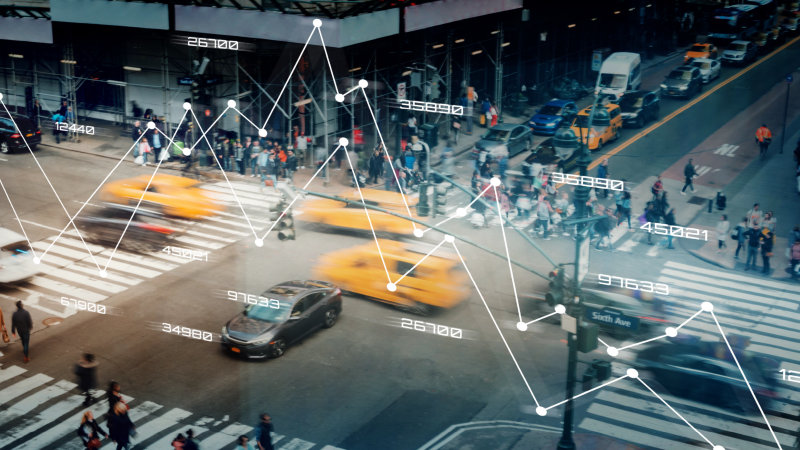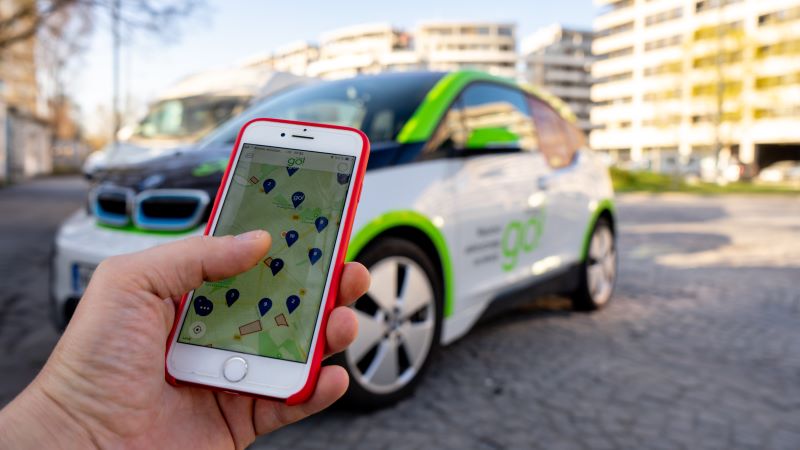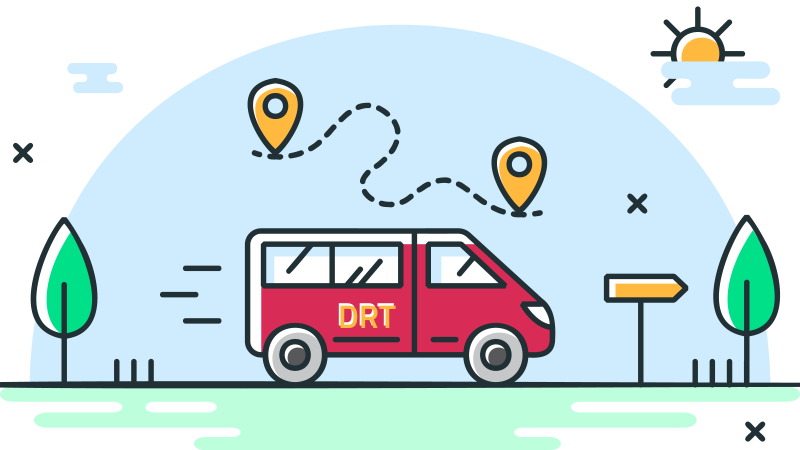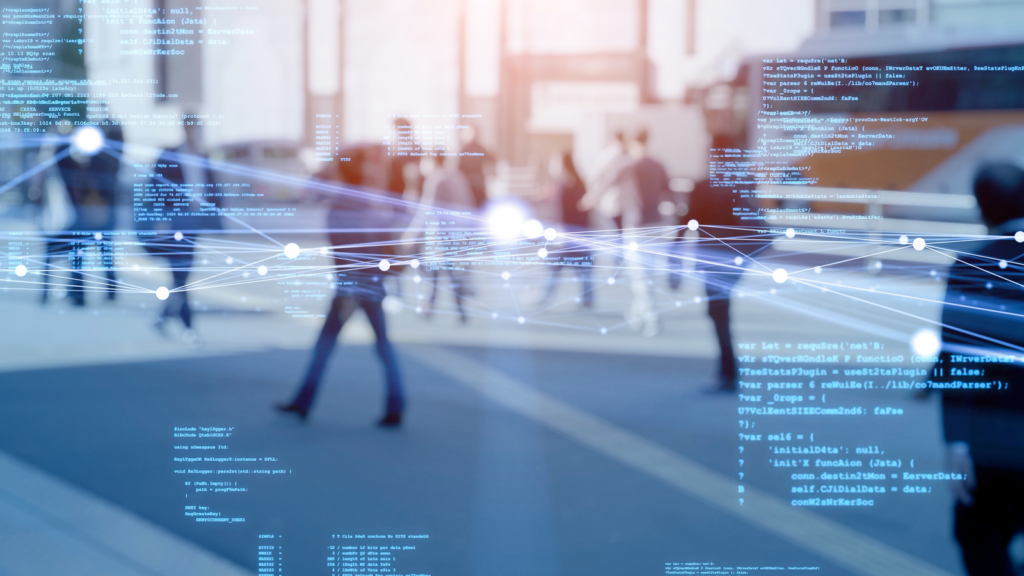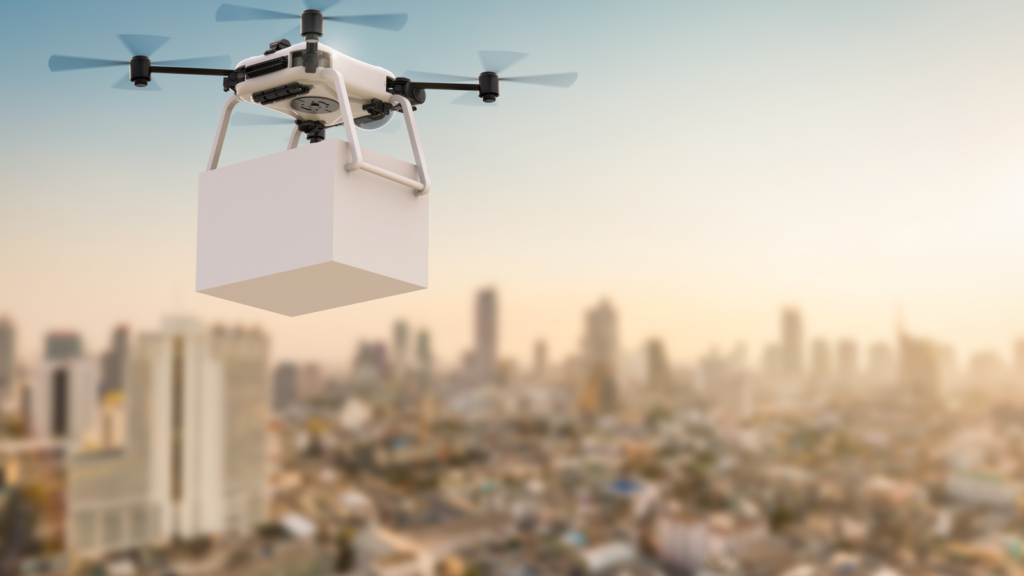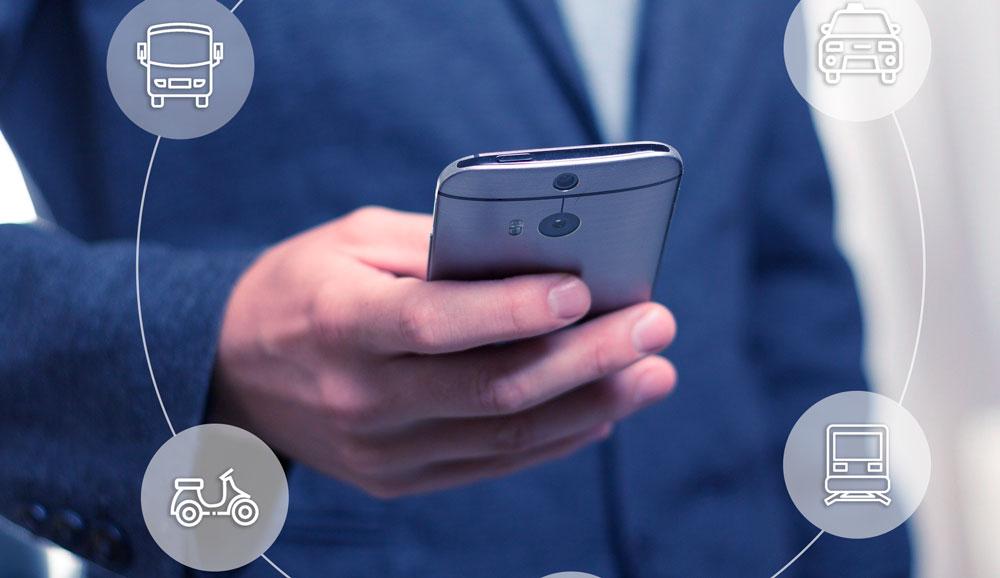Understanding how digitalisation and connectivity revolutionise urban mobility.
It involves data/big data, automation, artificial intelligence, 5G, cybersecurity, IOT, blockchain, ITS and ticketing, digital integration/MaaS, etc.
Frequently Asked Questions about Digitalisation and Connectivity
1. Do I need a degree to work in Digitalisation and Connectivity?
A degree can be helpful, but it’s not always a must. Many jobs in the field focus more on practical experience in areas like network management and data analysis, as well as technical expertise in programming languages and cloud computing. These skills can sometimes help open doors even without academic qualifications.
2. What are common topics covered in Digitalisation and Connectivity courses?
Topics covered in these courses include Mobility-as-a-Service (MaaS), shared mobility, and flexible curbside management. You’ll also dive into emerging technologies such as artificial intelligence (AI), autonomous vehicles (AVs), urban air mobility, and more.
3. What skills or experience do I need to start a career in Digitalisation and Connectivity?
To get started, you’ll need a good grasp of digital technologies and networks, along with basic skills in data analysis, as well as programming and cybersecurity, depending on the specific role. Knowing your way around different devices is also important. Experience in project management and an understanding of urban mobility challenges can give you an extra edge.
4. What are some common career paths for someone learning about Digitalisation and Connectivity?
You can pursue roles like digital project manager, IoT specialist, data analyst, network engineer, cybersecurity analyst, smart city consultant, and many others. People in this field often find opportunities in sectors like urban planning, transportation, technology firms, and government agencies.
5. What are the benefits of taking an online course about Digitalisation and Connectivity?
An online course in Digitalisation and Connectivity offers flexibility and convenience, letting you learn at your own pace from anywhere. Plus, these courses are often updated, which means they provide current knowledge and practical skills that are directly useful in the industry and could lead to job opportunities.
6. Why is it important to learn about Digitalisation and Connectivity?
It’s essential to learn about Digitalisation and Connectivity because cities are increasingly using digital tech to improve infrastructure, enhance services, and promote efficient mobility solutions. This knowledge equips you to help build smarter, more sustainable urban environments.
7. How long do courses about Digitalisation and Connectivity typically take to complete?
Course lengths vary, but most can be completed in a few days to a couple of weeks, depending on the material and your speed.
For detailed information on specific courses, visit these pages:
Explore courses on all categories
Our Awards
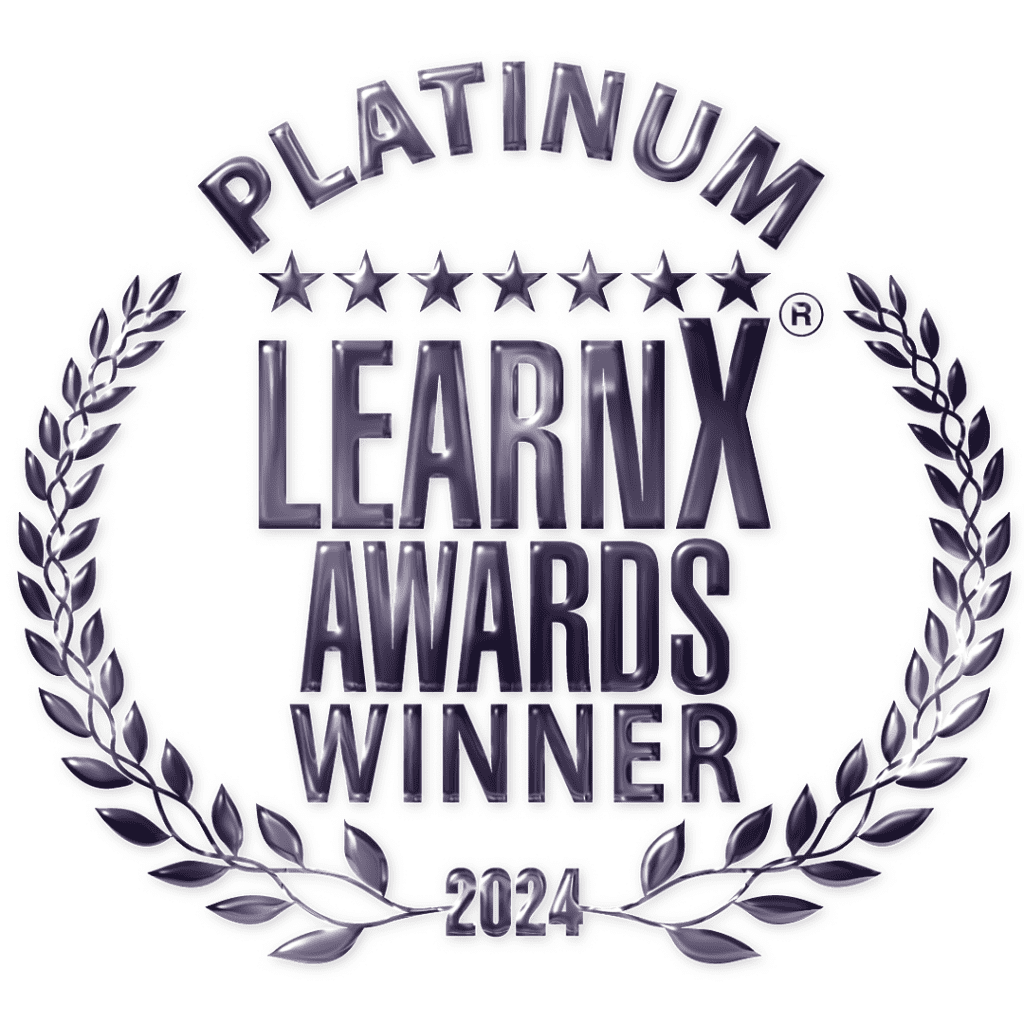

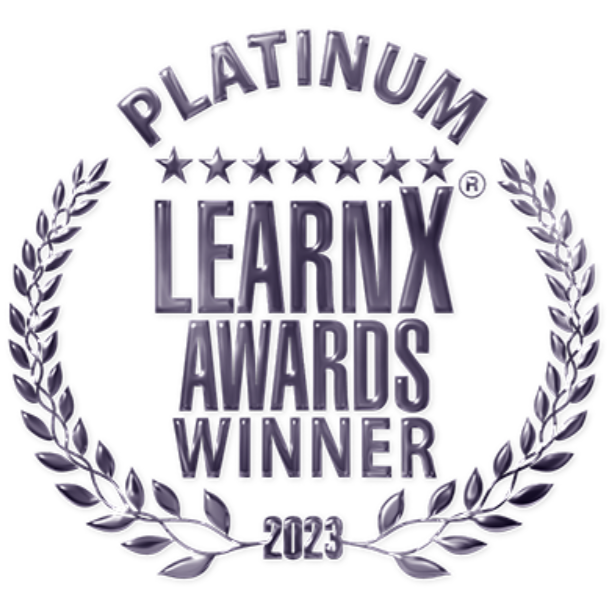
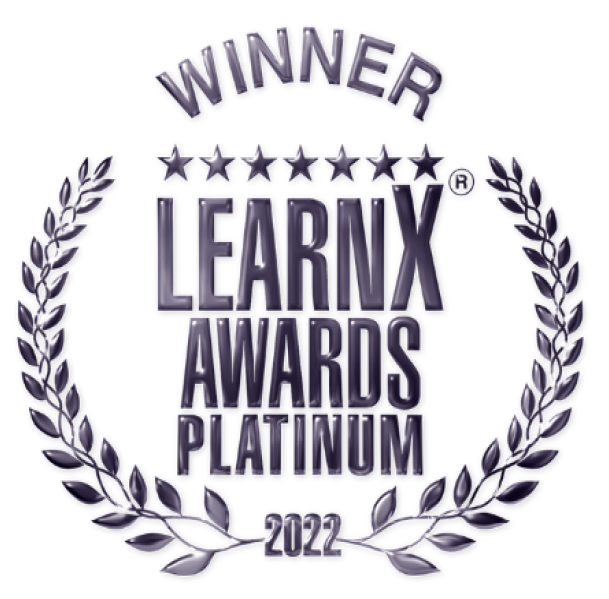

Newsletter
Stay in the loop with the latest updates! By signing up for our email newsletter, you’ll be the first to know about new courses and publications, updates, upcoming activities and exciting information tailored to your interests. Join us today and be part of our community.
By clicking “Subscribe” I give EIT Urban Mobility my consent for the use of my personal data for the purpose of sending me newsletters in accordance with EIT Urban Mobility’s Privacy Policy

